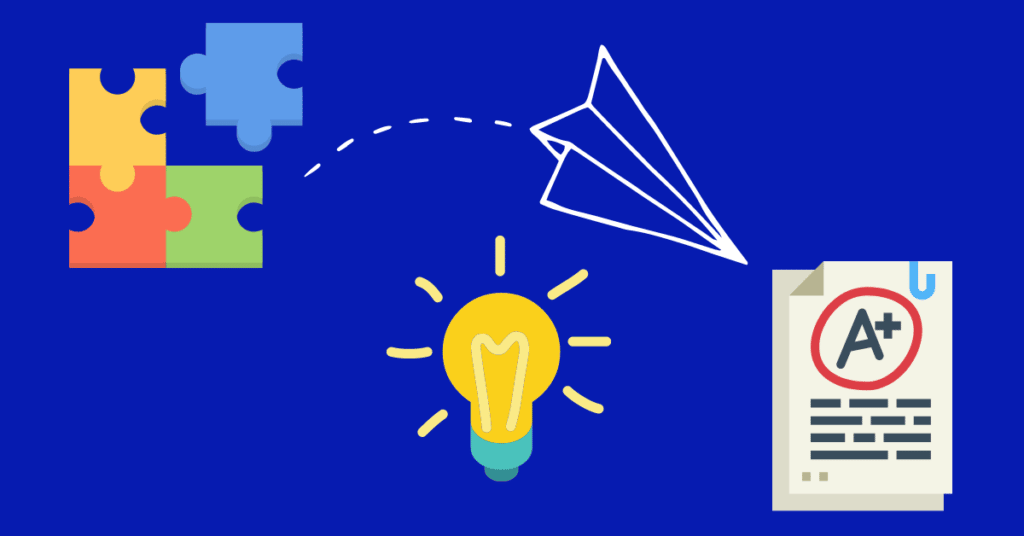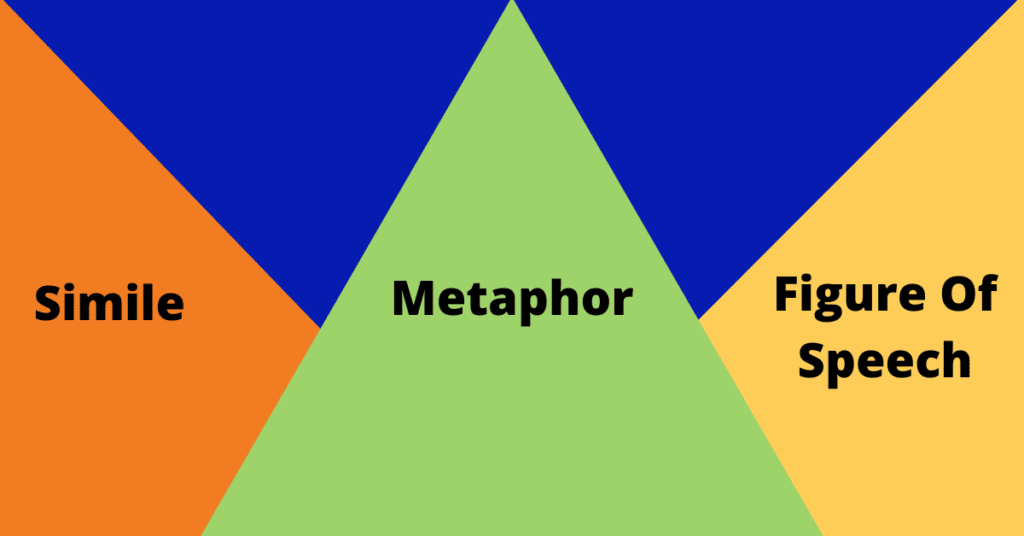Most students taking Secondary English composition will not have much recourse to literary devices unless they are also literature students.
Why are literary devices relevant to Secondary English composition exams?
You may wonder.
And it is a good question.
Literary devices occur in all writing, whether they are narrative, descriptive or even dry scientific journals.
Literary devices and language are inseparable.
And why is that?
Well….erm…..Have you read anything without any literary devices?

Importance Of Literary Techniques In Secondary English Composition
It is alright if you are not acquainted with literary techniques but you will have to become familiarised with them when you read comprehension texts.
And when you write Secondary English composition, literary devices enhance your work considerably giving your work a greater range in sophistication.
Ok. You must be wondering what sort of literary devices are easiest to use and how to become familiar with them.
If that is your concern, do not worry as my little blog will take care of it.
The simplest things are the best. Have you not heard of that?
It is often the wiser man who will turn to the simplest piece of knowledge to generate the most attention.
Therefore, get acquainted with simple devices when you write Secondary English composition.
I am sure that many of you would have heard of ‘irony.’
It is one of the most common literary devices.
The irony is a juxtaposition of ideas, a sort of opposite pattern and it can be used to elicit humour, disparity and a cross purpose in your intention.
In fact, you may already be using irony in your Secondary English composition without knowing it!
When To Use Literary Techniques
When exactly do you use literary techniques?
Actually, you can use it for any type of Secondary English composition.
Surprisingly, even argumentative compositions will benefit from this.
Why?
When you want your points to resonate, especially in a conclusion, the easiest recourse is to use a literary device.

Use a simile or a metaphor or any figure of speech.
You will be amazed at the difference it will make in your Secondary English composition.
With narrative compositions, you will have more liberty.
You may be able to use it at any time.
Figures of speech can be used when you are starting a new topic.
It is also widely used in the introduction opening line.
When you use a figure of speech, it attracts attention.
And that is the best way of putting your point across.
Always aim to inform your reader in the most attractive way.
Literary techniques aim to do this.
Besides figures of speech, you may use some lesser-known devices to create a better angle in your story or writing.
Juxtaposition or showing 2 opposite sides of a point is also another arresting way of delivering information.
When juxtaposition is used, the finer points are highlighted and the result is very clear.
Besides using literary devices in your narrative and argumentative essays, you may also use that in your descriptive writing.
Now, most of the topics for descriptive writing seem rather bland.
Describing your community or your neighbourhood can hardly be expected to be spectacular pieces of writing.
That is precisely the time to use literary techniques.
You may use figures of speech to enhance the point you are making or simply juxtapose the way your neighbourhood was before and how it has improved in the present time.
Or you could just compare two different scenarios.
All of these are literary devices.
The more complicated literary devices.
Some of the more complex types of literary devices involve the use of metaphors.
These are a more acute way of focussing on details.
They sound almost poetic.
In fact, poets use metaphors all the time.
I especially like metaphors as it brings something common to life and can create humour.
For example, “His arm snaked around her waist while he was exuding that elongated smile sweeping his entire face from ear to ear.”
The ‘snaked’ part is a metaphor and you can imagine his arm like a snake going around the poor woman’s waist.
Metaphors are unforgettable and if you want your writing to be etched in someone’s mind, start using these wonderful devices.
Try making literary devices a part of your writing today.
I promise you that you won’t regret it.
